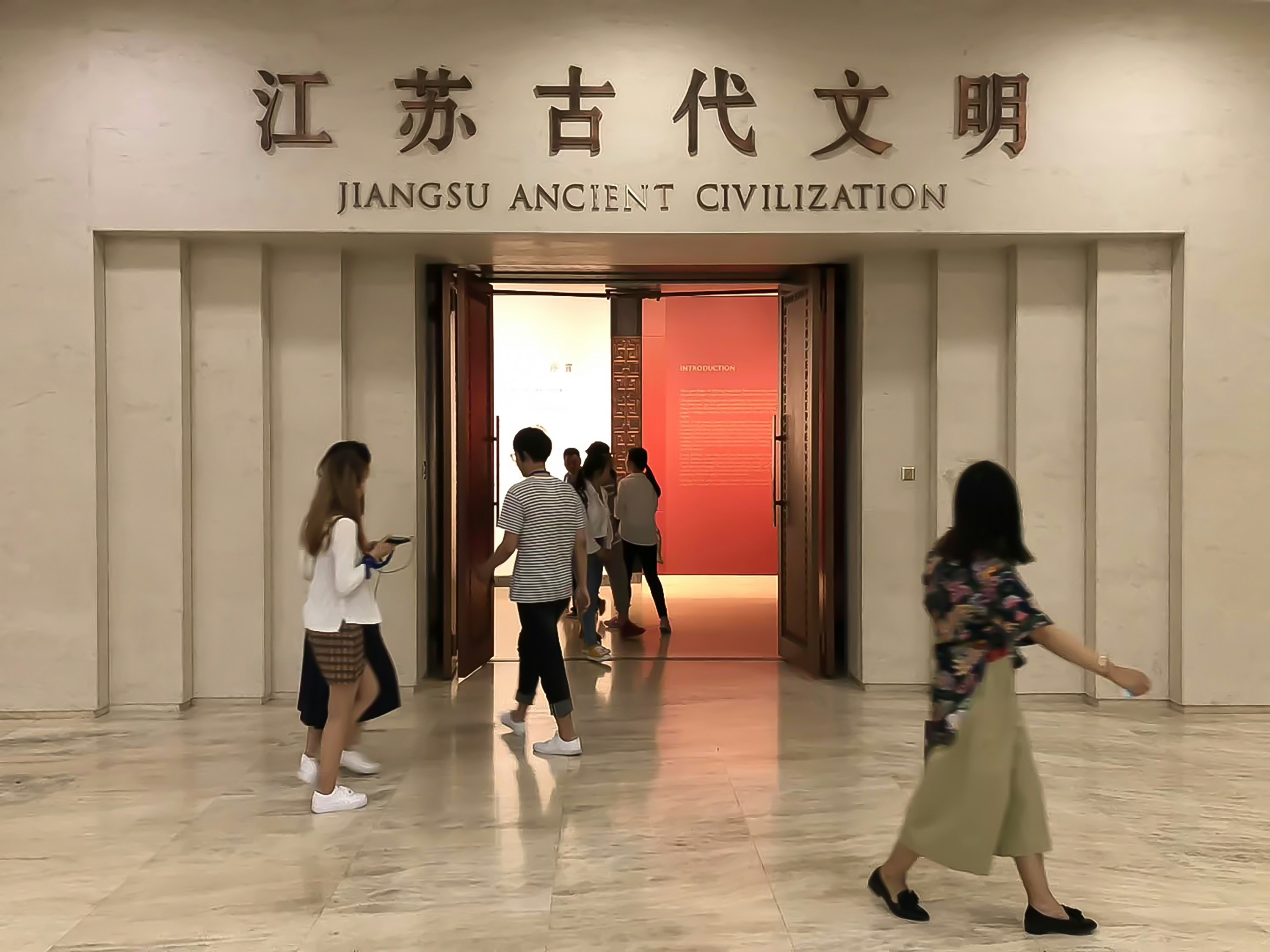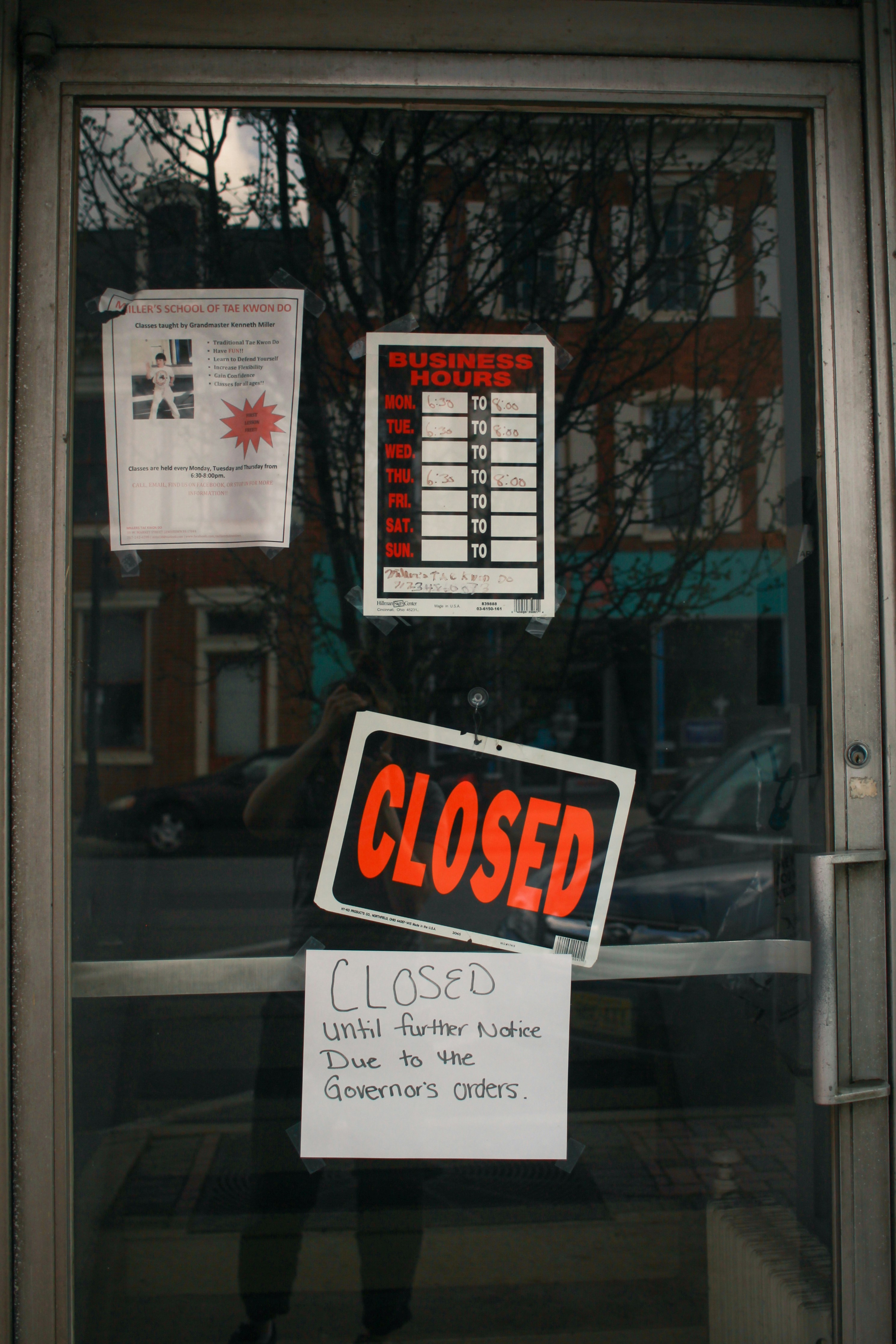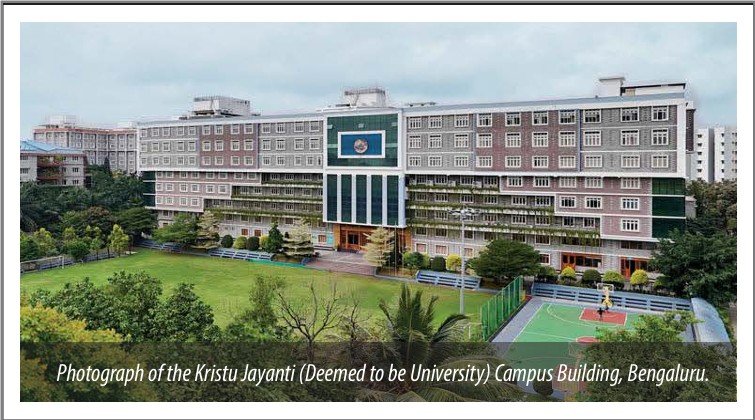BY DON CAEIRO
UNLOCKING THE TRUTH: A DEEP DIVE INTO FORENSIC SCIENCE EDUCATION
On this day dedicated to the silent heroes of justice, we turn the spotlight on the Department of Forensic Science at Kristu Jayanti (Deemed to be University), Bengaluru.
Founded in 1999, Kristu Jayanti (Deemed to be University), led by Fr. Dr. Augustine George, Vice Chancellor, ranks 34th in NIRF 2025, holds NAAC ‘A++’, and stands as a globally recognized centre of excellence. Established in 2019, the Department of Forensic Science has grown into a premier centre for forensic education and training. Through its multidisciplinary, hands-on approach, it prepares ethical, industry-ready professionals for the justice system and public safety.
Background and Role of the Forensic Department
From its inception, the department’s vision was clear: to move beyond traditional classroom learning. With a curriculum that integrates multiple scientific disciplines—from biology and chemistry to technology and law—it ensures that students are not just knowledgeable, but versatile. The department plays a pivotal role in preparing ethically grounded, industry-ready professionals. It achieves this by creating a learning environment that mirrors real-world scenarios, preparing students for the high stakes of a career where a single detail can change the course of an investigation.
Research and Innovation
The department fosters a vibrant research culture through its postgraduate programs and specialized tracks in Forensic Biology, Chemistry, and Digital Forensics. Students and faculty engage in cutting-edge investigations, including DNA profiling, toxicological analysis, and cybercrime forensics. Innovation is embedded in both pedagogy and practice, with regular case study presentations, seminars, and forensic simulations enhancing analytical rigor.
Challenges and Growth
The landscape of forensic science is in constant flux, driven by breakneck technological advancements and evolving legal frameworks. Keeping pace is the department’s biggest challenge. Yet, it has met this head-on with remarkable resilience. Through a process of continuous curriculum enrichment, the department integrates the latest tools and methodologies, from AI-driven data analysis to advanced biometric techniques. Faculty development programs ensure that educators are always at the peak of their professional expertise. Strong collaborations with law enforcement agencies and industry partners provide invaluable insights, ensuring that the curriculum remains relevant and responsive to the real-world needs of the justice system. This dynamic approach has not only sustained the department but has propelled it to new heights in academic and infrastructural capacity.
Public Perception and Advice
The Department of Forensic Science at Kristu Jayanti has cultivated a positive public image, viewed as a transparent and reliable conduit between the complex world of science and the public’s quest for justice. Through engaging outreach programs, such as forensic clubs and public seminars, it demystifies the scientific processes behind legal investigations. These initiatives encourage responsible engagement with the justice system and build trust in forensic science as a pillar of legal fairness. To all aspiring forensic scientists, the department’s message is clear: success in this demanding field hinges on cultivating a unique blend of skills. Students are advised to foster critical thinking, ethical awareness, and interdisciplinary fluency. These are the hallmarks of a professional who can navigate the ethical complexities and technical demands of modern forensic practice.
The Department of Forensic Science actively contributes to the university’s vibrant fest culture through its flagship events—Inquisitor, Atrium, and Exactica
These fests are not just events; they are crucibles where future forensic professionals are forged. They foster intellectual engagement, interdisciplinary collaboration, and student-led innovation.
- Inquisitor: This national intercollegiate forensic science fest is a battleground of wits and skill. Students from across the country compete in events like live crime scene reconstruction, challenging forensic quizzes, and engaging in expert talks. It’s a dynamic platform that cultivates investigative thinking and bridges the gap between academic learning and real-world forensic applications.
- Atrium: A multidisciplinary fest, Atrium broadens the scope of forensic science. Here, students showcase their work through insightful poster presentations on new research, meticulous model exhibitions of forensic techniques, and thematic debates that highlight the integrative nature of forensic science within biological and chemical contexts.
- Exactica: This fest is the ultimate test for postgraduate students, challenging them to apply forensic principles in a simulated professional environment. Events focus on data interpretation, case analysis, and scientific reporting, promoting the core competencies of precision, clarity, and evidence-based reasoning essential for a forensic practitioner.
These events enhance subject mastery and instill invaluable leadership, teamwork, and event management skills, shaping well-rounded forensic professionals who are academically sound and socially responsive.
A LEGACY OF EXCELLENCE: ABOUT THE DEPARTMENT

Achievements and Awards
The department’s flagship initiative, “FORENSIS,” is a testament to its academic prowess. It has hosted a series of high-profile academic events, including the “International Conference on Advances in Forensic Science (ICAFS)”, a National Symposium, and countless seminars and scientific paper reviews. These platforms have showcased exceptional student talent and attracted recognition from academic peers and industry experts. The department’s consistent excellence in curriculum innovation and student engagement has earned it numerous accolades within the university and beyond.
Publications of Research and Its Impact
The department’s commitment to advancing the field is evident in its research output. Faculty and postgraduate students have contributed to SCOPUS-indexed and peer-reviewed journals in specialized areas like forensic toxicology, digital forensics, and crime scene reconstruction. This published research has a tangible impact, informing policy discussions, enhancing investigative methodologies, and solidifying the department’s academic reputation. The findings of this research are integrated directly into teaching modules, ensuring that students are learning not just from textbooks, but from the latest scientific breakthroughs.
Don Caeiro’s Career and Journey
Don Caeiro’s career path has been in academia and forensic science. He is the Head of Department, Department of Forensic Science at Kristu Jayanti (Deemed to be University) in Bengaluru.. He has over 12 years of teaching experience. His journey has also involved research and publication, with 10 articles in Scopus and peer-reviewed journals, 1 book and 1 book chapter to his name. He has also been a resource person, giving over 25 invited lectures or talks, and workshops at national level.

Experience and Expertise
Don Caeiro’s expertise is broad within the field of forensic science. His specializations include:
- Digital and Cyber Forensics
- Audio and Video enhancement and Authentication
- Fingerprint Analysis
- Questioned Document Examination
He also has professional experience in areas like Crime Scene Investigation, Fraud and Impersonation Analysis, and Forensic Verification of Handwriting and Signatures.
Advice and Inspiration
He states that the field requires a lot of hard work and patience. He also advises that students aspiring to be forensic scientists should have a detail-oriented, analytical, logical, unbiased, and methodical approach to problem-solving.
Personal Perspective
Don Caeiro’s professional perspective is that the field of forensic science offers numerous job opportunities in present and future. He sees the need for a systematic manner of recording findings and notes that a single piece of evidence might mislead an investigation, requiring the investigator to start over. This highlights his view on the rigorous and patient nature of the work.




















+ There are no comments
Add yours